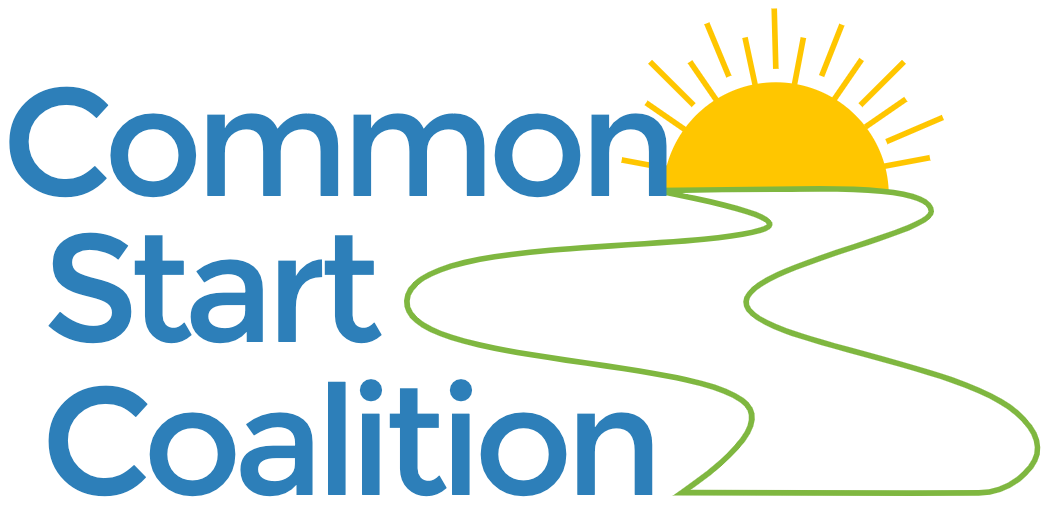Veronica P. - Parent
“For my family, my husband William and I knew that once we had our daughter, I would need to stop working full time. I make $25 per hour and if we paid someone for childcare even $10 for every hour I worked, that severely cuts into our income. We own a small farm business that is based on crops that take years to yield a profit - tree fruit and asparagus. This meant I was our sole income earner for the 4 years before our daughter was born. Once we had Hazel, I was fortunate enough to have my workplace accommodate me dropping to 20 hours per week after my maternity leave was over. This meant William and I could both put hours towards the farm and we would still have some regular income while the farm business profits grew. Once maternity leave was over, we managed by having 4 different caretakers regularly pitch in for about 8 hours a week each. Two of them (William's mom and another retired friend in our community) watched Hazel for free. Two others (moms with 2 kids of their own) watched Hazel in their home alongside their own kids for $10/hr. Anyone else we spoke with was looking for $15/hour which we just couldn't afford regularly. When looking forward, my concern is that in order to get benefits back, including maternity leave if we want another child, I need to work 30 hours a week again. Making that decision without affordable childcare means that our farm business will suffer. I wish that Hazel could be home all the time taken care of her parents, grandparents, and maybe some family friends, but that is just not how community is structured in the United States in 2020.”
What would affordable, high-quality early education and child care mean for your family? What would be different if you had access to such a program?
“For me, I would feel like I was handing my baby off to a trusted family friend who happened to also have expertise in early childcare. I would have no concerns about disease spread, beyond what is normal. I would know that Hazel loves her teachers and fellow students and would hear about what she is learning both from her and the teachers and other parents. She would be well-fed with healthy food and well-rested. The teachers would be paid a fair amount. I wouldn't have to look at over 50% of my hourly pay going straight into childcare. Affordable childcare would not put a strain on my budget - it would be a smart budgetary decision. At most, I would hope that 10% of my income would go to childcare, but in all reality, I see no reason why early childcare and education is not provided for free like public school. These are some of the most formative years for kids and some of the most challenging for parents. Having high quality, free care for small kids just makes sense.”
What else should lawmakers and policymakers know about your childcare/early education needs, especially as we recover from the COVID-19 crisis?
“Parents' needs are super diverse. I am not sure there is a one size fits all. I would be way more comfortable with Hazel going to a small, home-based care program than a traditional larger daycare system. Overall, what would be most helpful is the assurance that our kids would be reasonably safe from coronavirus while being cared for and that we can afford to send them to that childcare opportunity.”
